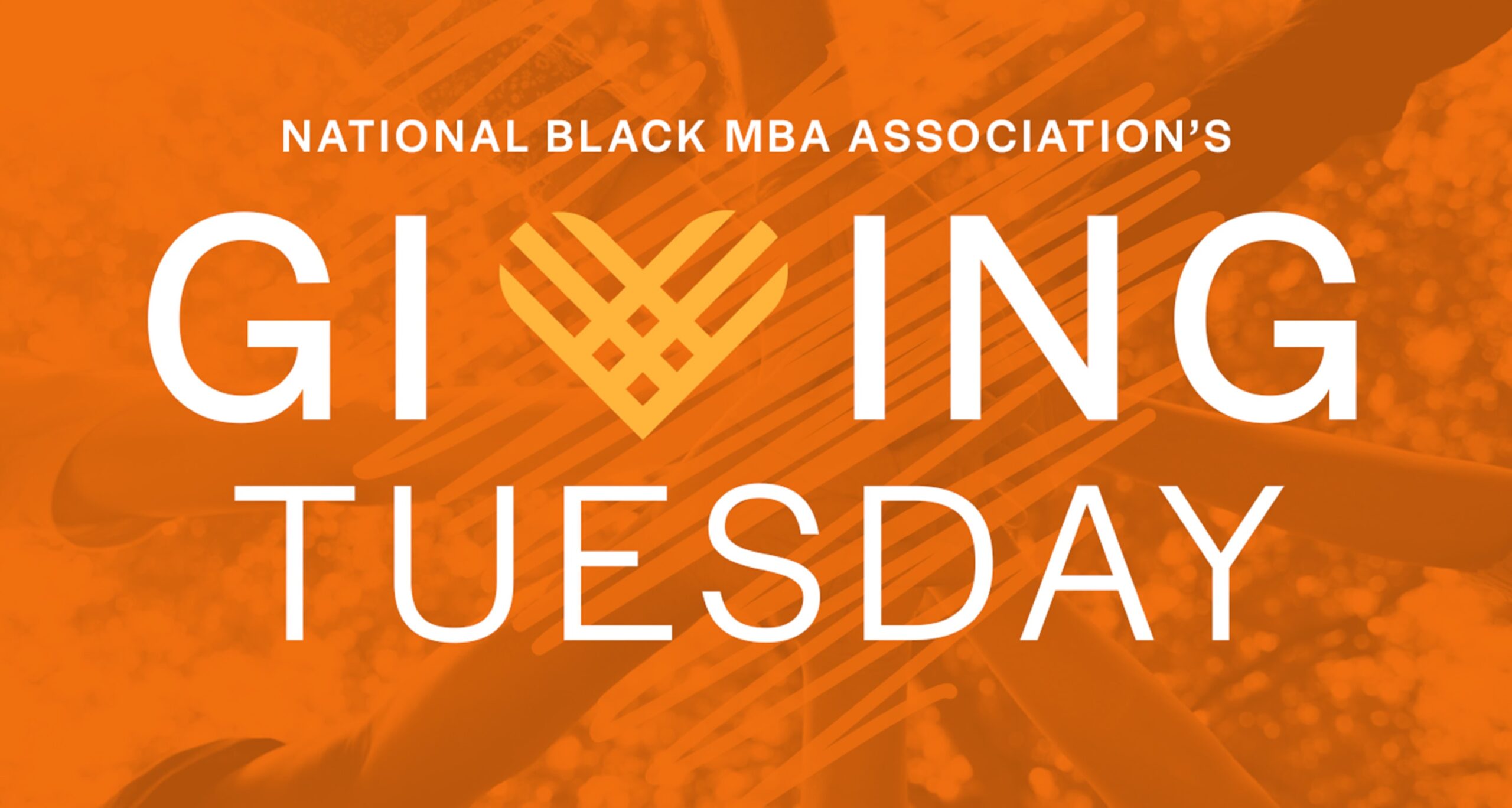Beyond the practicalities of funding, MBA scholarship programs offer a gateway to make your entry into the world of business possible. Doing an MBA gives you the benefit of developing a broad range of skills and knowledge. You can adapt to changing landscapes, build critical thinking and analytical abilities, and navigate through roadblocks with a direction in mind.
However, an MBA study program is expensive, which means that not all candidates can afford it. A scholarship helps lighten the financial burden that frees the student to learn without the worries of achieving one’s dream.
Therefore, if you are applying for an MBA scholarship program, you must be aware of the criteria upon which an application is evaluated.
Unveiling the MBA Scholarship evaluation process
Here’s an interesting fact, undergraduate (UG) school applications rely on academics and extracurriculars. On the other hand, graduate school applications rely on the candidate’s intended degree, professional experience, and future direction.
Other aspects factor into this scenario for graduate students:
- Assessing academic performance: The scholarship provider will assess your academic records and whether you display remarkable academic accomplishments. They will also look at your GPA (Grade Point Average) from your UG studies or any previous degrees obtained. A GPA score of 3.0 or higher is favored in such applications.
- Standardized test scores: You can submit your scores from the GRE (Graduate Record Examination) or GMAT (Graduate Management Admission Test). These scores can give your evaluator an idea of the level of your aptitude in graduate-level studies. A GRE score of 330 and above is acceptable whereas a GMAT score between 700 and 740 is acceptable.
- Statement of purpose: An MBA scholarship application requires that you submit a statement of purpose. This crucial letter is checked by evaluators to assess your goals, and motivations, and understand how pursuing an MBA will help you achieve them.
- Letter of Recommendation: The evaluator would like to know more about you like your character, potential for success, your academic abilities, and so on, through other sources. This is where a letter of recommendation plays a crucial role submitted by your professors, employers, and other professionals.
- Language Proficiency: Assessing your English language skills may or may not be a requirement. However, if it is, you will have to demonstrate proficiency in English through standardized tests like IELTS or TOEFL.
- Work experience, if any: Showcasing your work experience is optional but if you do have it, it might tip the scales in your favor. You could submit experience of an internship relevant to business management, full-time employment, or volunteering experience to showcase your leadership qualities and MBA-related skills.
Several MBA scholarship programs have specific criteria and special requirements that you must fulfill to meet their expectations. Let not your financial worries get in the way of pursuing an MBA. Make sure you clear the path to making your dreams come true. By applying for a scholarship program, you can specialize in areas of business that you gravitate to in terms of your natural interests.

